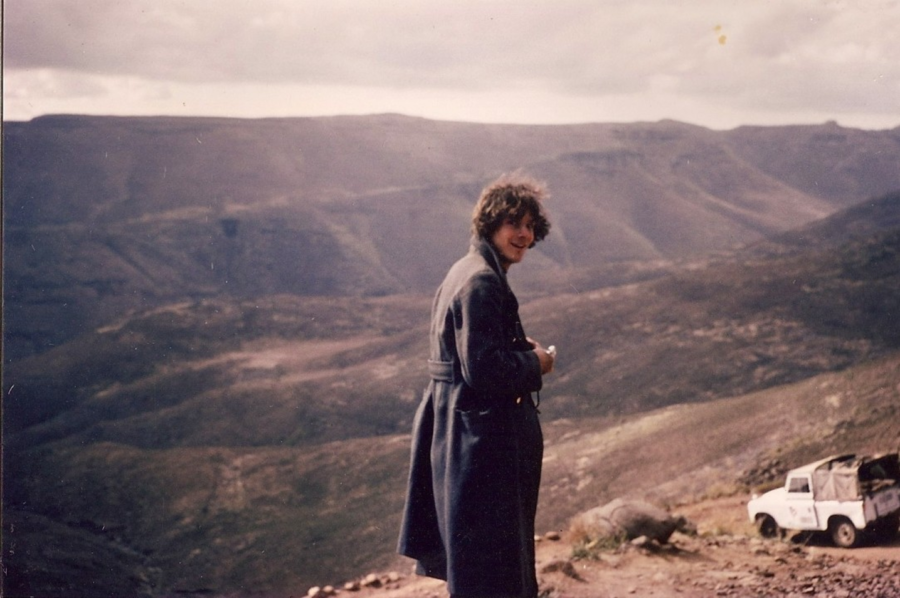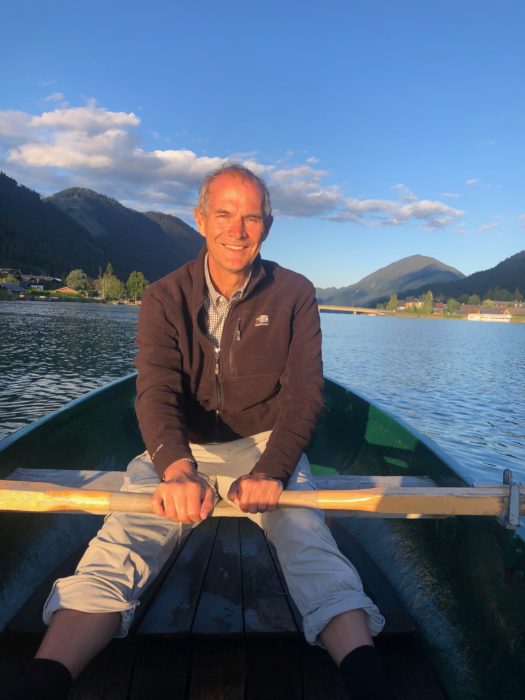2nd September 2021 Vienna, Austria
Diplomatic Lessons 12: Tips for Diplomats and Ambassadors

These, however, are parsimonious days… The telegraph has made a difference in the position of Ambassadors. When men can and do receive instructions hourly about the smallest details, and, indeed, ask for them as if anxious to escape responsibility, it is easy to conceive that the Foreign Office will not again insist on the Treasury behaving with boundless liberality.
“The Times”, reporting on the debate about rebuilding Pera House, British Embassy in Istanbul, after the fire of 1870.
Diplomacy has been in a state of flux for centuries. Who needs diplomats when you have the telegraph/the television/the internet? In Moscow in 1993, to find out the latest on the putsch shaking the city, we turned to the live pictures on CNN.
Like most work, diplomacy is about making the best possible decisions based on the best possible understanding of the issues. Priorities will evolve. But the need to have diplomats who understand countries, multilateral organisations and the people who make both tick will never change.
Tips on being a diplomat? I’m fond of the rule of three.
- Be expert, whether in languages, cultures, geographies or other skills eg economics.
- Be wise. See your core task as knowing people, understanding them and building relationships of influence.
- Be long term. Deliberate and debate before you decide. The pace of social media makes this hard. But Talleyrand had a point when he said ‘pas trop de zèle’.
How to be an ambassador?
- It’s a unique privilege. People give you credit because you stand on the shoulders of giants. Live up to it.
- Your job is to have opinions about your country or area of responsibility. Get it right by being a good diplomat (see above).
- Identify and focus on the work you find most absorbing. You perform best when you’re doing what you love.
What next? I retire in September 2021. As I hope these posts have illustrated, I have been blessed with a career of extraordinary variety and challenge. I have mixed feelings about, for example, removing from my wallet the First 15 Minutes Crisis Leader Checklist that has nestled there – all too often disturbed – for the past 13 years. Want to know the three things I’ll miss most? Come and ask.
I do not plan, yet, to hang up my hat; but rather to throw it into a new ring to pursue my fiction writing. You can find out more about my writing, and contact me, here. Do subscribe.
Hundreds of blog posts
I hope readers have enjoyed, and found useful, this series of “Diplomatic Lessons” blogs. A summary is below.
– Diplomatic lessons 1: Beginnings, 1979-83: Don’t judge a book by its cover (glamorous-looking work is not necessarily the most interesting)
– Diplomatic lessons 2: Vienna, 1983-87: Languages change everything (speaking languages can transform your career)
– Diplomatic lessons 3: London, 1987-91: Go for the hard jobs (they teach you what you’re capable of, and you meet stellar colleagues)
– Diplomatic lessons 4: Moscow, 1991-95: Have a plan, and break it (you can’t plan for everything – including families)
– Diplomatic lessons 5: Hong Kong, 1995-98: Make a difference (jobs with real-world impact are rewarding)
– Diplomatic lessons 6: Berlin, 1998-2002: Specialise, or not?
– Diplomatic lessons 7: Parenthood, 2002-6: work isn’t everything (the best four years of my working life)
– Diplomatic lessons 8: Overseas Territories, 2006-8: embrace responsibility (responsibility is scary but rewarding)
– Diplomatic lessons 9: Kyiv, 2008-12: build your brand (identify what you do best and what you enjoy most and try to match the two)
– Diplomatic lessons 10: Istanbul, 2012-16: immerse yourself (dive into a country and its culture)
– Diplomatic lessons 11: Vienna, 2016-21: give something back (helping people makes you happy).
– Diplomatic lessons 12: Tips for diplomats and ambassadors (this post)
For now, my hundreds of other blog posts since 2009, from holidays in Chernobyl to #reasonstolikeIstanbul, are also still online.
Thanks for reading.

Thank you, Leigh, for writing and sharing your Diplomatic Lessons.
I enjoyed reading them.
Good luck and enjoy your retirement.